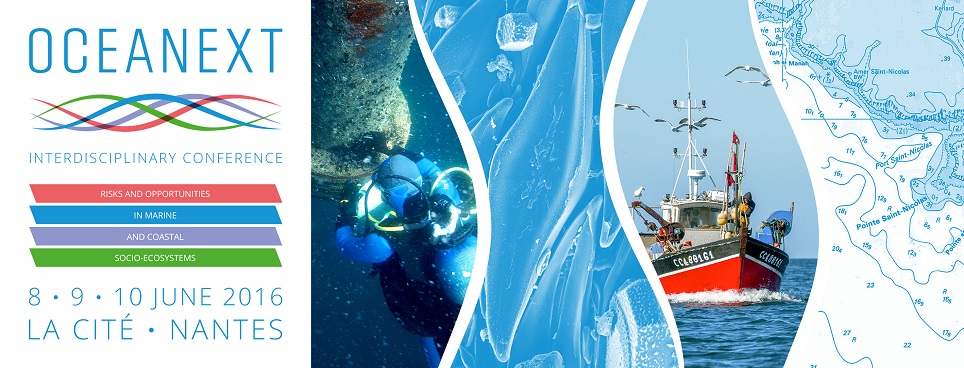France set an ambitious target of a mix of 15% of renewable energy in transport sector by 2030, mostly based on the contribution of first and second generation biofuels. According to Ribeiro et al. (2015), microalgae biofuels might represent from 1 to 5% of the worldwide fuel consumption by 2030 but French government do not include it as a relevant option. Based on this observation, a participatory decision-making framework, namely the range-based MAMCA, has been deployed to address the following question: Can microalgae biodiesel be a part of the solution to meet the sustainability objectives in transport sector in France by 2030? The deployment of biofuels is at the crossroad of agricultural, energy and environmental policies. Consequently, dealing with biofuel policy requires addressing complex problems featuring multiple interests and perspectives, conflicting objectives, different forms of data and information, high uncertainties and the need to account for evolving socio-economic systems. The proposed method explicitly considers the different and occasionally conflicting stakeholders' values at an output level of aggregation, which in our case study includes feedstock producers, biofuel producers, refining industry, fuel distributors, end-users, car manufacturers, government, NGOs and associations. By means of a Monte Carlo analysis, the method also provides an exploratory scenario approach by considering the uncertainty about the context evolution and the biofuel impacts that include economic, social, environmental, technical and legal issues. Microalgae biodiesel proves to partly suit the stakeholders' values; consequently, the paper proposes an implementation pathway for the deployment of microalgae biodiesel in France by 2030.

|
Can microalgae biodiesel be a part of the solution to meet the sustainability objectives in transport sector in France by 2030 ? A range based Multi-Actor Multi-Criteria Analysis
1 : Laboratoire d'économie et de management de Nantes Atlantique
(LEMNA)
-
Site web
Université de Nantes : EA4272
2 : Laboratoire de génie des procédés - environnement - agroalimentaire
(GEPEA)
-
Site web
Université de Nantes, CNRS : UMR6144, École Nationale Supérieure des Mines - Nantes
4, rue Alfred Kastler B.P. 20722 44307 NANTES -
France
|
 PDF version
PDF version
